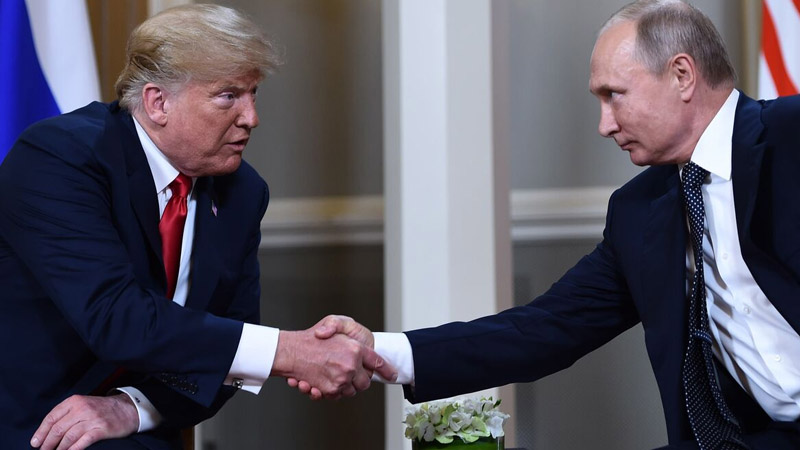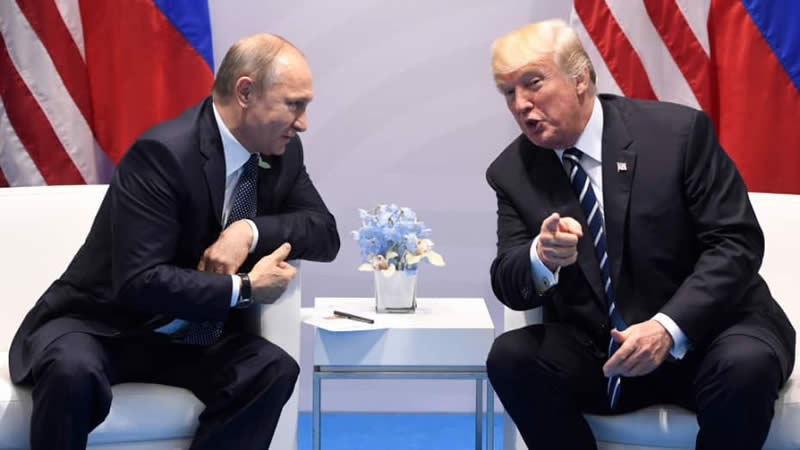Former CIA Director John Brennan expressed serious concerns on Monday about the potential risks to national security if President-elect Donald Trump appoints partisan figures to lead intelligence agencies. In an interview with MSNBC, Brennan cautioned that politicizing leadership roles within the CIA, FBI, and Defense Intelligence Agency (DIA) could harm relationships with international intelligence communities and jeopardize U.S. national security.
Brennan emphasized that intelligence leaders traditionally operate in a nonpartisan capacity, which he said is critical for maintaining trust and effective collaboration with global allies. “So, I can tell you that there is quite a bit of concern within CIA, and I know within FBI and other non-policy organizations, that if you have somebody who is just used as a political tool of Donald Trump at the helm, there is a real risk, not just to the work of these individuals, but also to the national security of the United States,” Brennan warned.
The former CIA director predicted “disaster” could follow if Trump installs partisan figures to head these agencies. Brennan pointed out that U.S. intelligence agencies have close working relationships with their foreign counterparts, who are highly protective of their sources and methods. He emphasized that any perceived political manipulation of intelligence could prompt allies to take defensive measures to protect their own interests. “Our parties and allies around the globe, the intelligence services we work with closely, they take seriously the protection of sources and methods.
They want to continue the collaboration and cooperation with the U.S. intelligence agencies,” Brennan explained. However, he expressed concern that Trump’s alleged disregard for classified information could cause these allies to pull back from cooperation. Brennan cited Trump’s reported carelessness in handling sensitive intelligence, recalling incidents from his previous administration.

For instance, upon entering the White House in 2017, reports surfaced that Trump disclosed intelligence to Russian officials during a meeting, a move that raised eyebrows within the intelligence community. Further concerns arose when Trump left office, taking dozens of boxes of classified documents, including top-secret materials related to U.S. nuclear capabilities, spy satellites, and other sensitive military information.
According to Reuters, the retrieval of these documents highlighted potential risks associated with Trump’s approach to classified information. If Trump were to appoint partisan leaders to these agencies, Brennan believes it could deepen international distrust. “What that looks like,” Brennan explained, “is that they may not ‘give us things for fear it could be, in fact, exploited, manipulated, and used for political purposes. It’s worrying on so many fronts.”
Brennan underscored the significance of maintaining the nonpartisan integrity of intelligence agencies, urging Trump not to follow through on plans to place political allies in charge of U.S. national security. He reiterated that such appointments could lead allies to distance themselves, thereby weakening the global intelligence-sharing networks critical to U.S. security.
The former CIA director’s concerns reflect broader anxieties within the intelligence community about Trump’s approach to leadership in sensitive agencies. With Trump poised to make key appointments, many experts warn that placing loyalists in nonpartisan roles could undermine both internal agency morale and external alliances, potentially compromising U.S. national security.
Brennan’s message was clear: the stakes for U.S. intelligence are high, and any move to politicize these agencies risks damaging not only American security but also the trust that has been carefully cultivated with international partners over years of collaboration.

